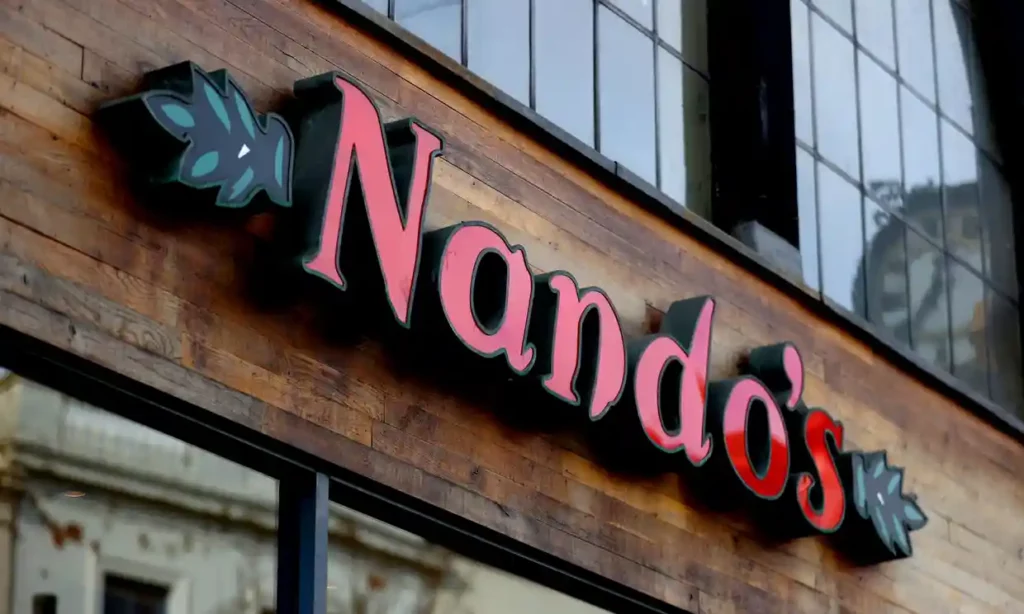
Everyone nowadays uses the terms “purpose” and “values” as if they exist miraculously within their businesses.
Very few firms truly understand what their purpose is and even fewer have teams that buy into the values statement nailed to the boardroom wall because the leadership of the company does not live up to them.
The priority of any business is to make money to meet payroll and pay rent. To do that you need to do something really well so that customers will pay you for your offering. If you want to have a long-term future, you had better be thinking about your core purpose and your values; otherwise when things get tough, you are unlikely to survive.
If Nando’s made lousy chicken, they would be nowhere. So that is a baseline. Be flipping good at what you do. Sounds obvious, but a lot of businesses bumble along treating mediocrity as an acceptable state of being.
You might get away with for a while but it’s not the basis upon which to create a long-term offering.
Here are some of the things Nando’s does which illustrate its obsession with values.
It keeps its EMEA head office in Lorentzville, a suburb in a less salubrious part of Johannesburg to remind staff of where the business comes from. It was the original brining plant for the chickens when they started out. They have also probably spent too much on it to justify a move and are unlikely to find a buyer at a decent price thanks to the neighbourhood. Besides it would be devastating to the area if they moved out.
The walls of the head office are adorned with original South African artworks and each branch in the world has at least one piece of the worlds largest collection of Africa art as a homage to its roots.
But the most extraordinary thing about Nando’s is that being privately owned it can choose to operate differently to large public companies with quarterly reporting cycles and can therefore choose to have up to a thousand individual small scale chilli farmers grow its pivotal spice in up to four African markets at once. It would be far easier to place an order from Sichuan or some other well known spice region and get a regular shipment, than go through the hard work of co-ordinating complex supply chains. But it chooses to do it the hard way.
Nando’s co-founder Robbie Brozin is obsessed about values and has built them into the fabric of the business from the start. You will hear him on the podcast, click here to listen, tell how any future owner of the business will find it hard to extract themselves from the numerous projects in which Nando’s is invested because they form part of the businesses brand ethos.
You get a sense of Brozin’s obsession with purpose and improving the lives not only of those working for the group but also for communities they serve and with whom they co-exist.
Nowadays a “quick” visit with him to Victoria Yards, a development across the road from the HQ will take several hours as everyone wants to tap his brain or share a story or two.
Brozin is getting 9000 pairs of jeans made by Tshepo Mohlala for Nando’s grillers around the world. Each pair will contain a piece of peri-thread, cotton dyed with peri-peri as a nod to the most critical recipe ingredient of the food they serve. In turn Tshepo ensures 15% of the make up of his denim fabric comes from discarded wood pulp in the form of viscose thread as a way of consuming less carbon in his manufacturing process.
Goodbye Malaria is another pet project in collaboration with explorer Kingsley Holgate and Brozin has contributed a significant amount of time to distributing mosquito nets across the continent.
Purpose is not a line item in the ESG section of the annual report – done properly it helps define the brand and values by which a team can live and work – and that is powerful.



